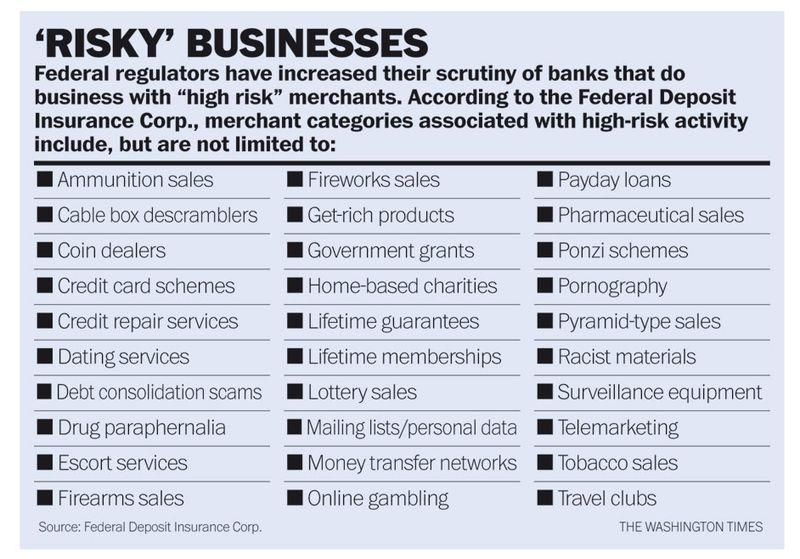The New York Times, the same publication that gives Paul Krugman space to print is insanity, has a piece under the heading “The Pitfalls of Peace”. As you can imagine from a publication that gives Paul “Boost the Economy By Warring with Aliens” Krugman space, the article is about how war is good for the economy:
The world just hasn’t had that much warfare lately, at least not by historical standards. Some of the recent headlines about Iraq or South Sudan make our world sound like a very bloody place, but today’s casualties pale in light of the tens of millions of people killed in the two world wars in the first half of the 20th century. Even the Vietnam War had many more deaths than any recent war involving an affluent country.
Counterintuitive though it may sound, the greater peacefulness of the world may make the attainment of higher rates of economic growth less urgent and thus less likely. This view does not claim that fighting wars improves economies, as of course the actual conflict brings death and destruction. The claim is also distinct from the Keynesian argument that preparing for war lifts government spending and puts people to work. Rather, the very possibility of war focuses the attention of governments on getting some basic decisions right — whether investing in science or simply liberalizing the economy. Such focus ends up improving a nation’s longer-run prospects.
Emphasis mine. Let us start off with the obvious, if a state is at war it has already failed at the most basic of basics, not getting involved in a war. Wars are only good for two things: destruction and death. And not surprisingly both of those things are bad for the economy. Recreating that which was lost is not economic growth, creating new wealth is. And death is always bad for an economy because is reduces both the number of producers and consumers.
Now let’s get to the second point. According to the author war leads to an investment in science or a, pardon me because this is hard to say with a straight face, liberalizing of the economy. Science is not something that only gets invested in by the state nor only during a time of war. Science is constantly being invested in because science leads to better products. Without being engaged in an all encompassing war we have seen computers go from room sized monstrosities that could only perform a few tasks to devices that fit in our pockets and contain more computing power than their full sized brethren from only a decade back. There is a bitchin’ fully electric car on the market today. The private sector is closer to returning to space than the National Aeronautics and Space Administration (NASA) and it has a plan to mine asteroids for resources (seriously, how cool is that). Of course I don’t want to sell the state entirely short. As it is involved in several minor wars it is investing money into science. It currently possesses the best remotely controlled bombers on the planet! Granted, they’re not really good for anything productive but they exist and that counts for something.
We should also discuss the liberalization of the economy that supposedly occurs during a time of war. World War II, being the last all encompassing war, is a good example. Everything from metal to food to rubber were rationed for civilians so that those resources could be put into the war effort. Perhaps the author has a different definition of liberalize than I do.
Economists often discuss all of the scientific advancements that occur because of war. What they ignore are the scientific advancements made by the private sector regardless of war. The difference between the two methods of scientific investment is that the state focuses on impractical things whereas the private sector focuses on things the average person can fucking use. Give me better computers, cell phones, cars, and e-readers over remotely controlled bombers and aircraft carriers any day.
But, hey, nothing sounds better to the state than war being good for the economy. If there’s one thing the state is good at it’s war. Which is why it only hires economists who say war is good for the economy to its advisory boards.
